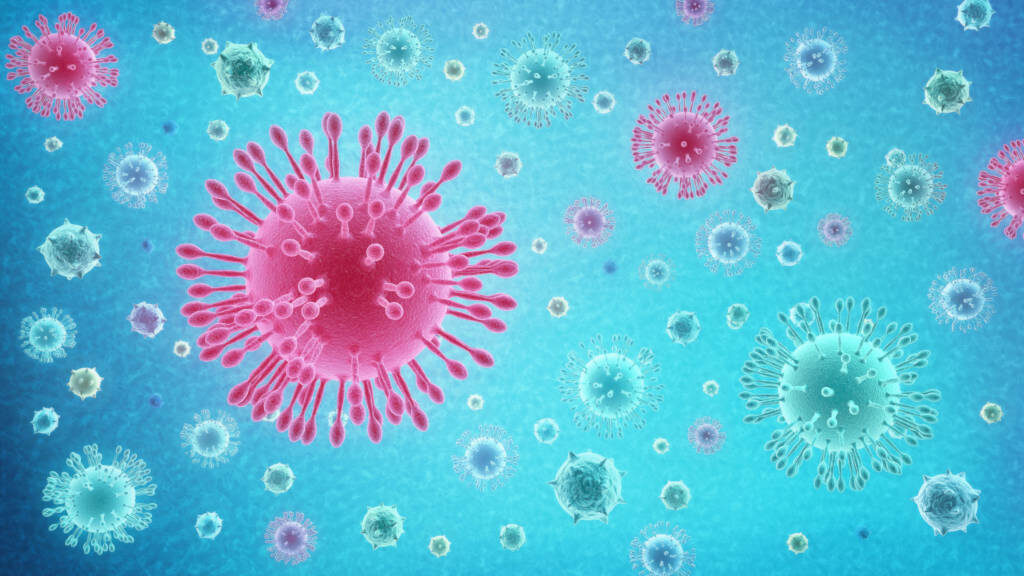The study, published inPLOS Biology,used a novel artificial intelligence platform developed by Lerner Research Institute intended to identify possible drugs that could be repurposed for use in COVID-19 treatment. Melatonin was revealed as a promising candidate.
Backing that up, analysis of patient data from Cleveland Clinic’s COVID-19 registry revealed that melatonin usage was associated with a nearly 30% reduced likelihood of testing positive for SARS-CoV-2, even after adjusting for age, race, smoking history, and various disease comorbidities. In African Americans, that reduced likelihood jumped to 52%, when adjusted for the same variables.
The researchers harnessed network medicine methodologies and large-scale electronic health records from Cleveland Clinic patients to identify clinical manifestations and pathologies common between COVID-19 and other diseases. They found that proteins associated with respiratory distress syndrome and sepsis, two main causes of death in patients with severe COVID-19, were highly connected with multiple SARS-CoV-2 proteins, signaling to researchers that drugs already approved to treat those conditions may also be able to treat COVID-19.
Overall, they determined that autoimmune, pulmonary, and neurological diseases showed significant network proximity to SARS-CoV-2 genes and proteins and identified 34 drugs as repurposing candidates, including melatonin.
Related: The Sleep-Stress Connection Research Links Low Zinc Levels With COVID-19 Mortality Risk Study Elucidates Connection Between Vitamin K2 and Healthy Lungs
"Recent studies suggest that COVID-19 is a systematic disease impacting multiple cell types, tissues and organs, so knowledge of the complex interplays between the virus and other diseases is key to understanding COVID-19-related complications and identifying repurposable drugs," said Feixiong Cheng, Ph.D., assistant staff in Cleveland Clinic's Genomic Medicine Institute and lead author on the study. "Our study provides a powerful, integrative network medicine strategy to predict disease manifestations associated with COVID-19 and facilitate the search for an effective treatment."Dr. Cheng noted, however, that this research is not a clinical trial. "It is very important to note these findings do not suggest people should start to take melatonin without consulting their physician. Large-scale observational studies and randomized controlled trials are critical to validate the clinical benefit of melatonin for patients with COVID-19, but we are excited about the associations put forth in this study and the opportunity to further explore them."










